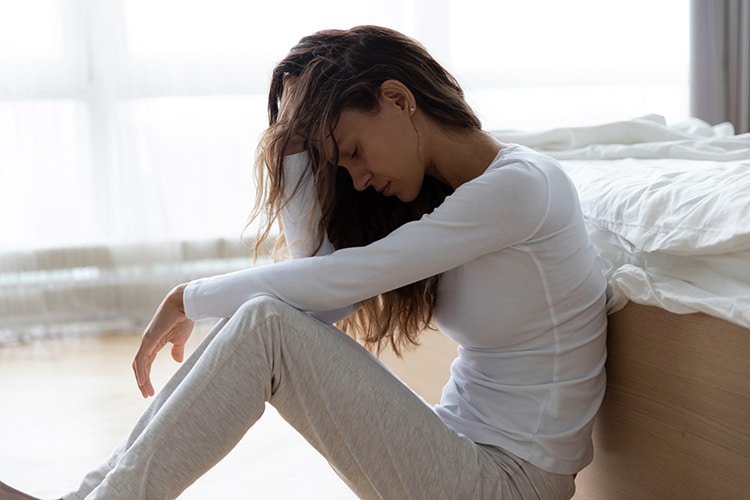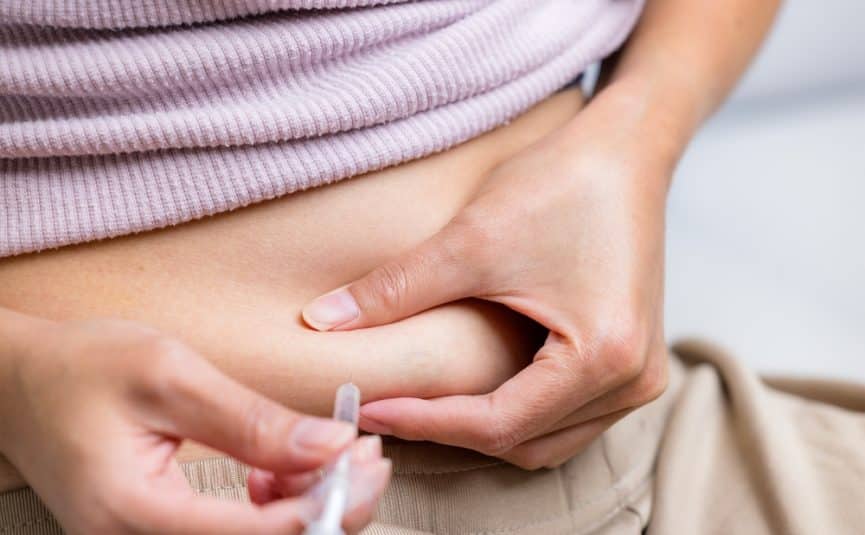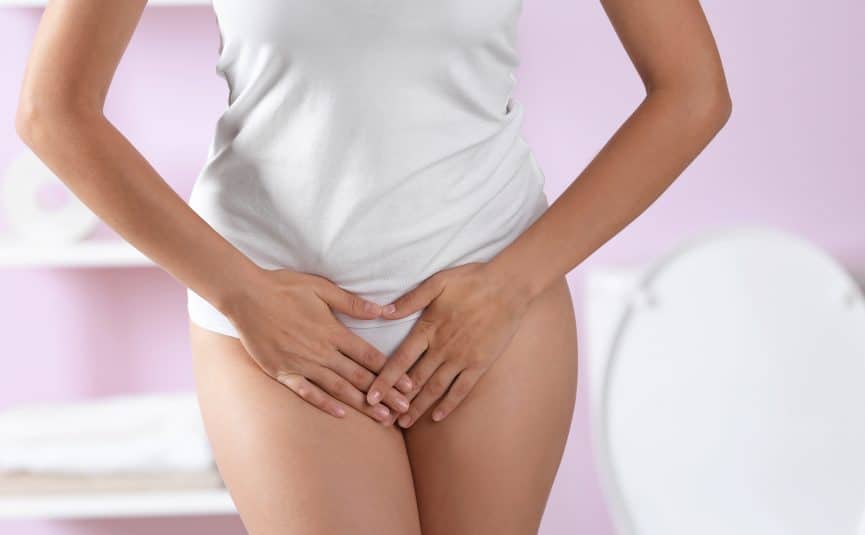East Melbourne VIC 3002

In the days leading up to a period commencing, approximately 20-30% of women experience a range of physical and emotional symptoms called Pre-Menstrual Syndrome (PMS).
Symptoms typically occur 3-10 days prior to a period beginning and generally cease once bleeding has begun.
Symptoms can vary in intensity and be different each cycle.
- Abdominal bloating
- Breast tenderness and swelling
- Fluid retention
- Skin problems such as acne
- Lethargy, tiredness
- Increase in weight
- Headaches
- Change in bowel habits – diarrhoea or constipation generalised body aches
The cause of PMS is not clear. There appears to be a complex interaction between certain chemicals in the brain and progesterone resulting in natural hormone fluctuations.
PMS does not occur if a woman in not ovulating or is post-menopausal.
It is thought that certain factors such as stress levels, psychological state, poor general health, genetic history and social or cultural environments may influence the development of PMS.
Women who have an increased BMI and those who smoke are more likely to be affected.
There are many angles to look at with the treatment of PMS. A clear diagnosis of PMS needs to be made before treatment is considered.
Certainly, being physiologically active, maintaining a healthy lifestyle and reducing stress levels can help.
Medications can include:
- Hormone treatment such as the oral contraceptive pill which can suppress ovulation and decrease the hormone levels of the pre-menstrual phase.
- Over the counter medications such as Ibuprofen and aspirin to help reduce aches and pains.
- SSRI medication that are commonly used anti-depressant and anti-anxiety drugs that have been shown in a number of studies to be highly affective.
- Natural therapies such as Vitamin B6 and Evening Primrose Oil can be effective in women who have mild symptoms.
There is no clear evidence that complimentary therapies such as acupuncture or naturopathy can assist but some woman find they are helpful in relieving their symptoms.
With active treatment and lifestyle modifications, there is a high probability of alleviating the symptoms off PMS. While all symptoms may not go away completely, most women can function well and continue with their daily activities and not let PMS affect their quality of life.










